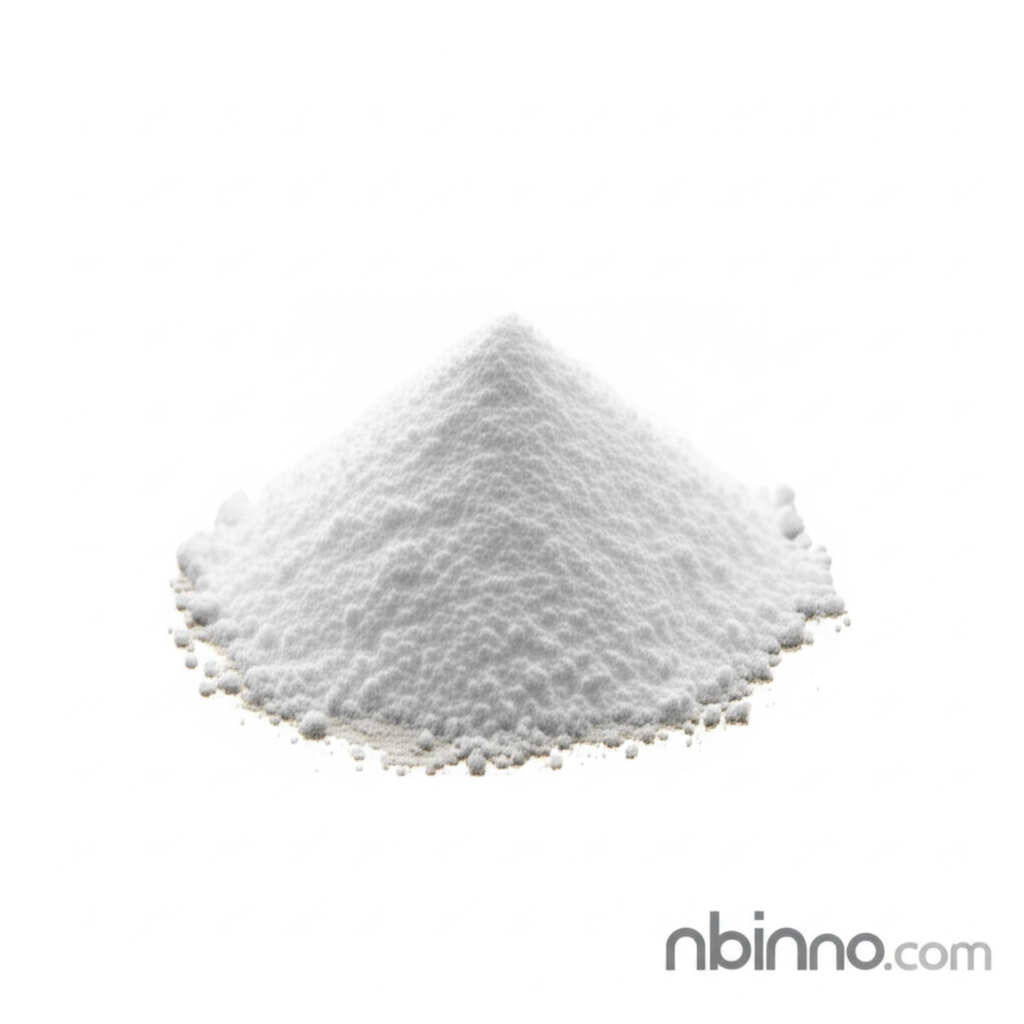Vincristine Sulfate: A Comprehensive Guide to its Properties, Applications, and Research Significance
Discover the intricate details of Vincristine Sulfate, a vital pharmaceutical compound in cancer therapy and research.
Get a Quote & SampleProduct Core Value

Vincristine Sulfate
Vincristine Sulfate (CAS 2068-78-2) is a potent pharmaceutical chemical primarily known for its antimitotic and antineoplastic properties. It functions by inhibiting the polymerization of microtubules, a critical process for cell division. This disruption leads to cell cycle arrest, predominantly at the G2/M phase, and ultimately triggers apoptosis in cancer cells. Its efficacy has established it as a cornerstone in various chemotherapy regimens for a wide range of cancers.
- Explore the vincristine sulfate mechanism of action, understanding how it halts cancer cell proliferation by interfering with microtubule formation.
- Learn about the critical role of vincristine sulfate cancer treatment across different oncological indications, from leukemia to solid tumors.
- Understand the potential vincristine sulfate side effects and how they are managed in clinical practice to optimize patient care.
- Delve into the latest vincristine sulfate research applications, highlighting its use in novel therapeutic strategies and laboratory studies.
Key Advantages
Potent Cytotoxicity
Vincristine Sulfate exhibits strong cytotoxic effects against rapidly dividing cancer cells, making it a valuable agent in cancer treatment protocols.
Established Efficacy
With a long history of clinical use, its effectiveness in treating various cancers is well-documented, supported by extensive research on its pharmaceutical chemistry.
Research Versatility
The compound serves as a vital tool in biochemical research, aiding in the study of cell division, apoptosis, and the development of new cancer therapies, contributing to advancements in drug discovery and development.
Key Applications
Cancer Chemotherapy
Vincristine Sulfate is a critical component in various chemotherapy regimens for treating leukemias, lymphomas, and other solid tumors, underscoring its importance in oncology therapeutics.
Biomedical Research
Used extensively in laboratories to study microtubule dynamics, cell cycle regulation, and drug resistance mechanisms, facilitating breakthroughs in cancer drug research.
Drug Development
Serves as a reference compound and starting point for developing new anticancer agents with improved efficacy and reduced toxicity, driving innovation in pharmaceutical chemistry.
Mechanistic Studies
Essential for investigating cellular pathways related to apoptosis and cell cycle arrest, providing insights into fundamental biological processes and potential therapeutic targets, vital for understanding biochemical pathways.
